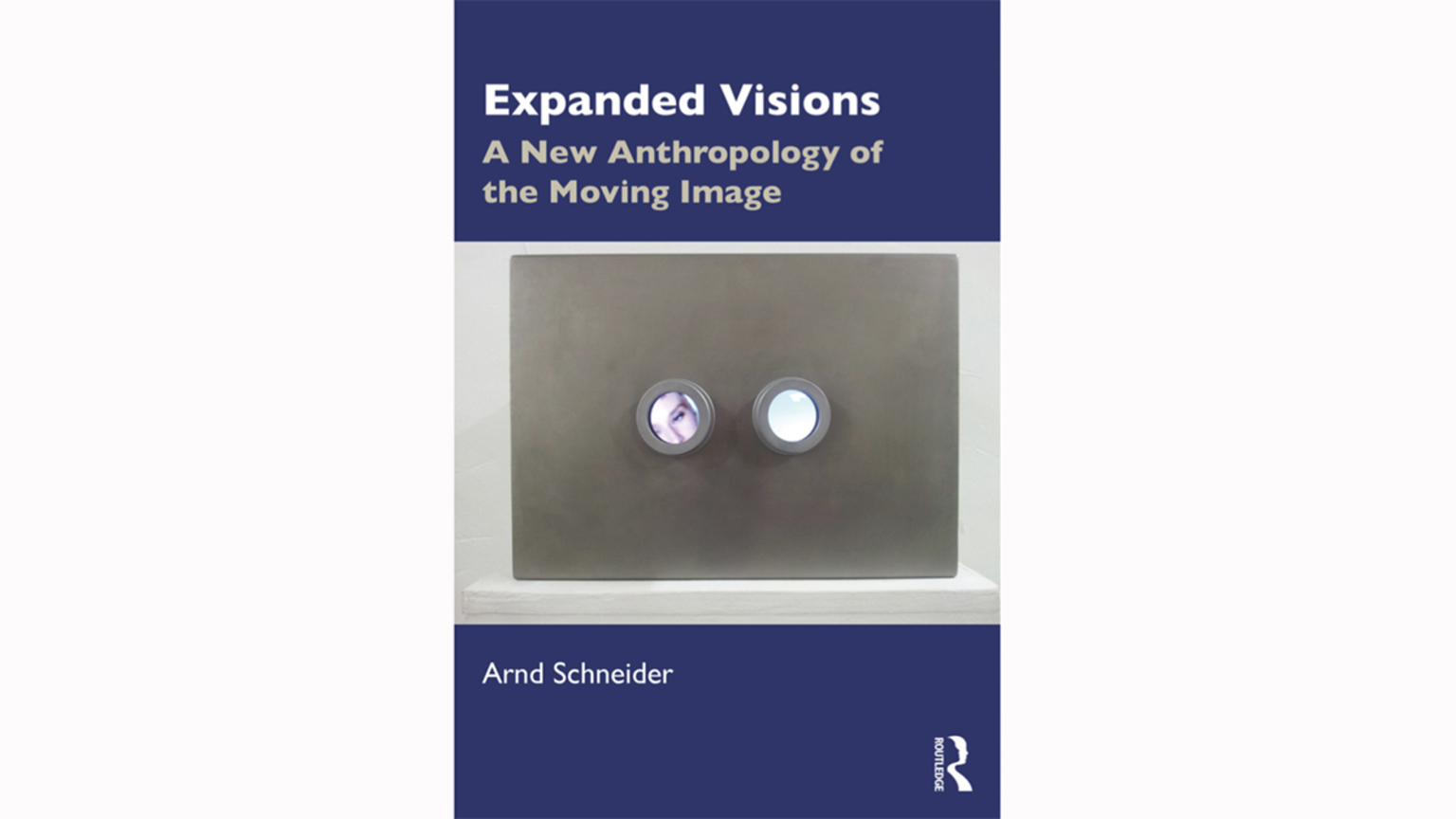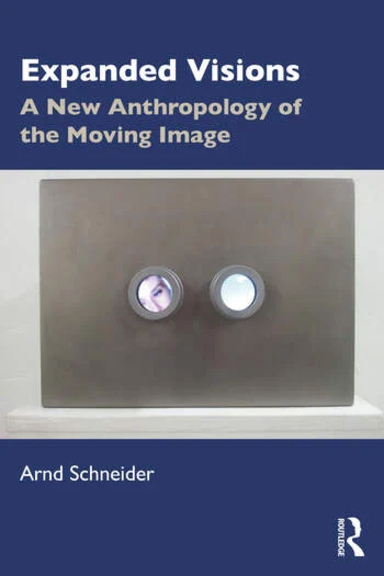Samtale/debatt

Expanded Visions
Book discussion "Expanded Visions: Arnd Schneider in conversation with Theo Barth".
Moderator: Ali Onat Türker
Bio:
Arnd Schneider is currently Professor of Social Anthropology at the University of Oslo, and was formerly Reader in Anthropology at the University of East London and a Senior Research Fellow at the University of Hamburg. He writes on contemporary art and anthropology, migration, and film. He was a co-organizer of the international conference “Fieldworks: Dialogues between Art and Anthropology” (Tate Modern, 2003). The author and editor of many books (among them Alternative Art and Anthropology, Bloomsbury, 2017, and with Chris Wright, Contemporary Art and Anthropology, Berg 2006), he has recently published Expanded Visions: A New Anthropology of the Moving Image (Routledge 2021).
Theodor Barth is an anthropologist [dr. philos., 2010] educated at the University of Oslo, with fellowships at the University of Bologna [Institute of Communication/Semiotics], La maison des sciences de l'homme in Paris [École des hautes études en sciences sociales/Semantics]. He did fieldwork in Zagreb and Sarajevo in the mid-nineties.
Through his experience from the war-zone he became attentive to the potential of book-building as a form of release, in a sense inspired by Artaud's theatre. Since, he has operated as a fieldworker of 'written practices' in a number of book-projects, focussed on co-authoring, sometimes co-writing, with artists and designers.
As a teacher he has been interested in encouraging students to discover writing as a material technique and a working-habit, to enable the them in experiencing for themselves the «joinery» between writing and other material techniques: such as drawing and photography. And from here to discover the steps of book-building.
Book-building determines the successive acts of joinery, whereby written, imaged and printed elements mature to become a «fertile soil» for theoretical reflection [NB! not to be confused with book-binding]. It is a method to prepare a foundation for theoretical dialogue, in close interaction with practical work in design and art.
'Reflection' and 'release' are accordingly keywords to his approach to how writing—when joined to other media—can feed back but also feed forward in research-driven ways of working with design. He has applied this approach also to academic research projects seeking advice from the arts: e.g. experimental archaeology.
